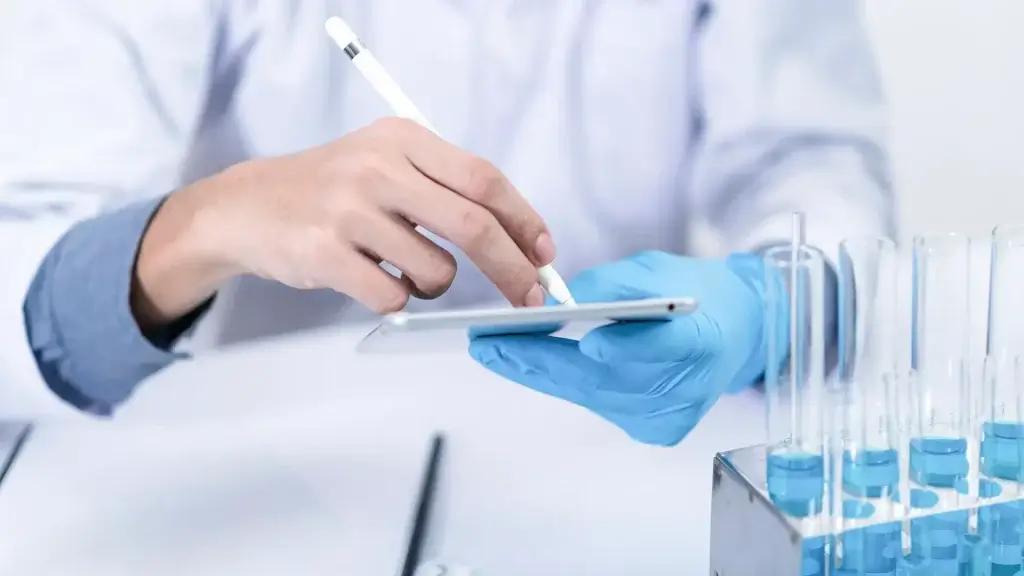Educational Program

Course Duration: 2 days
The role of the clinical laboratory is important for the diagnosis, the prognosis, the monitoring and the treatment of patients with an undeniable need for accurate and reliable laboratory results, therefore there is a need to demonstrate the level of services of clinical laboratories towards their partners, e.g. physicians, public and private health services, insurance companies, etc.
The implementation and accreditation based on the ISO 15189:2023, international clinical laboratory accreditation standard can satisfy this need, since laboratories will be able to demonstrate their independence, their reliability and their technical competence, ensuring transparency and trust in the results they issue.
The participants are trained in the requirements of the ISO 15189:2023 standard, in understanding important concepts such as quality and reliability of results, meaning and importance of accreditation, non-conformities, quality control, calibration, verification, measurement uncertainty, etc.
Finally, the way to organize, plan and implement internal audits is presented and the methods of conducting an audit are analyzed (ISO 19011).
After the completion of the training coursethe participants will have the opportunity to organize and conduct internal audits of Clinical Laboratory Management Systems both in the company they work for and as external consultants.
To inquire about the cost of the courses contact us. BQC adjusts its pricing policy for the unemployed and for students. Every second participation from the same company will have a 10% discount.
The training methodology includes lectures, practice and teamwork.
In this context, the participants are asked to carry out group and individual exercises, role playing exercises, and evaluation tests that aim to develop their skills (time management, teamwork, cooperation).
In the end, a satisfaction questionnaire is distributed to the participants in order to evaluate the results of their training and the achievement of its objectives.
For the implementation of the training courses, renowned lecturers are selected, with extensive knowledge and experience in the field of Management Systems and, by extension, on the standards.
BQC, by recognizing modern trends in the field of Training, has created a wide network of experts and trainers around the world, which it uses to offer high-level knowledge and experience in the field of Education.
The training courses offered by BQC are certified by the Accredited Personnel Certification Body, a member of the IPC, thus providing the possibility of issuing accredited certificates of international recognition according to the ISO/IEC 17024:2012 standard to those successfully participating in them.